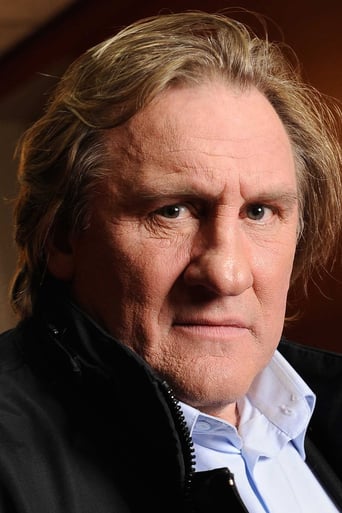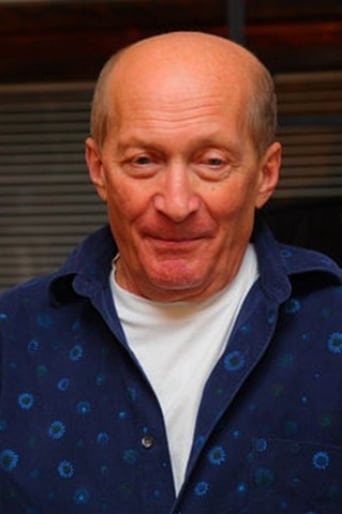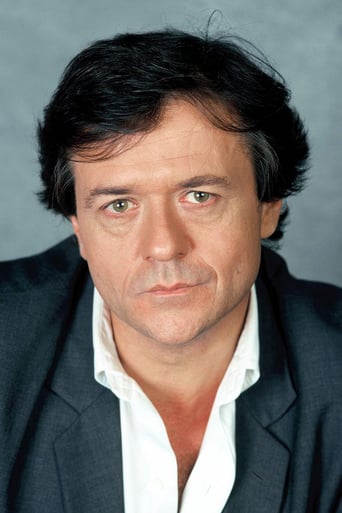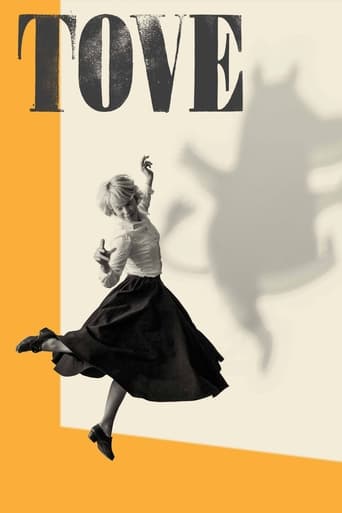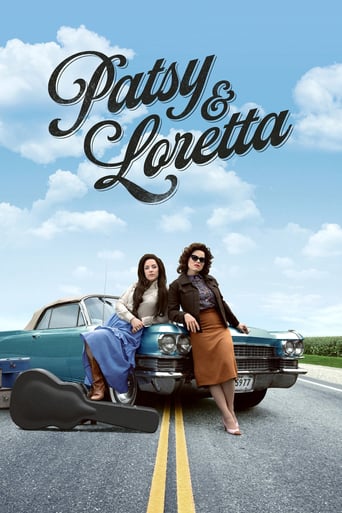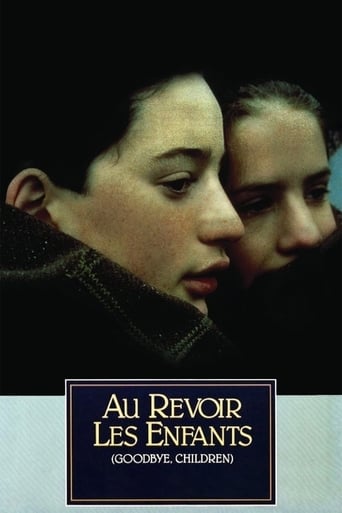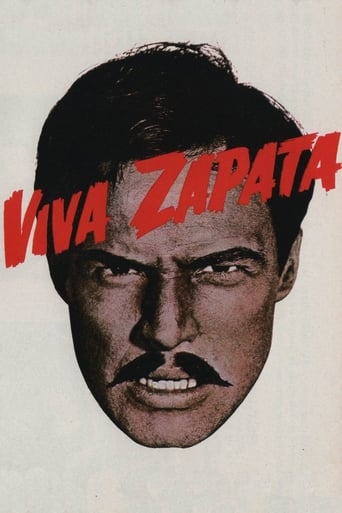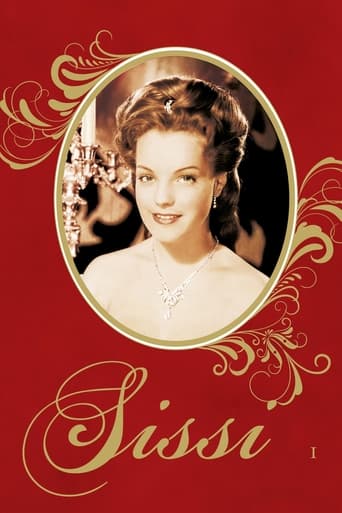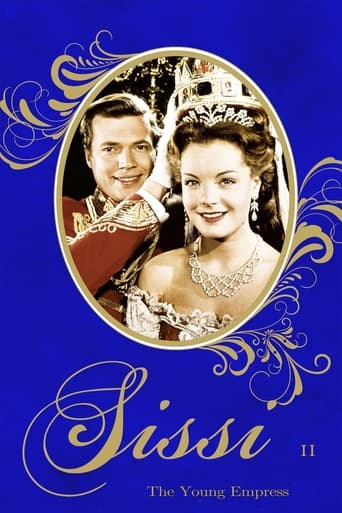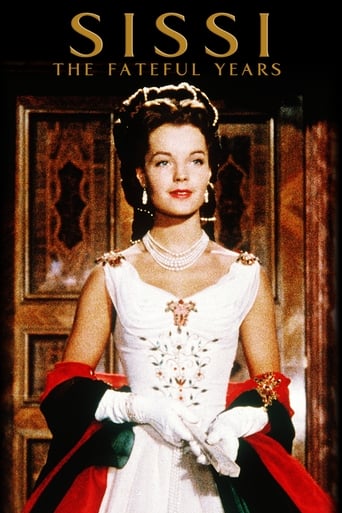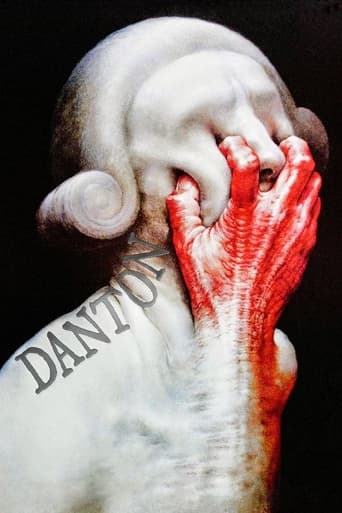
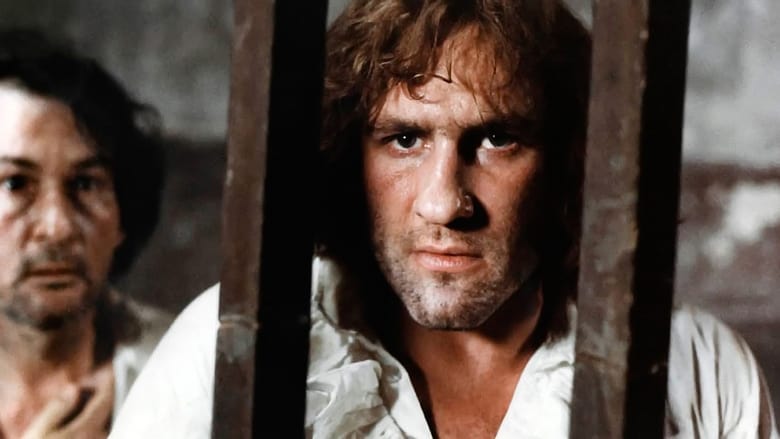
Danton (1983)
Danton and Robespierre were close friends and fought together in the French Revolution, but by 1793 Robespierre was France's ruler, determined to wipe out opposition with a series of mass executions that became known as the Reign of Terror. Danton, well known as a spokesman of the people, had been living in relative solitude in the French countryside, but he returned to Paris to challenge Robespierre's violent rule and call for the people to demand their rights. Robespierre, however, could not accept such a challenge, even from a friend and colleague, and he blocked out a plan for the capture and execution of Danton and his allies.
Watch Trailer
Cast
Similar titles
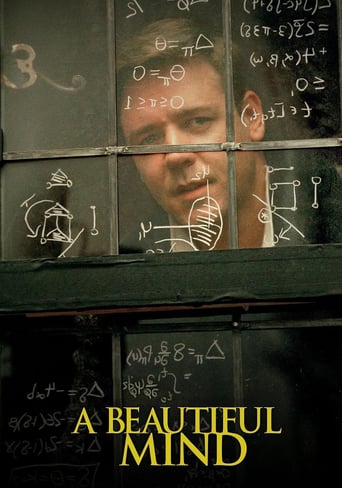
Reviews
Must See Movie...
Brilliant and touching
Better Late Then Never
Let me be very fair here, this is not the best movie in my opinion. But, this movie is fun, it has purpose and is very enjoyable to watch.
The bloody aftermath of the French Revolution is brought to vivid life in the confrontation between its two architects, Maximillian Robespierre and Georges Danton, progressive thinkers in a primitive age who became bitter adversaries when Robespierre elevated the good of the State over the good of the people. Rarely have such provocative ideas been expressed with such bold, physical vitality; director Andrzej Wajda captures the anarchy of the period with powerful immediacy, showing how absolute power corrupts even the most honorable intentions. Gerard Depardieu's angry, overt performance in the title role is worth singling out; the film might well have been named after the doomed statesman Robespierre, who holds center stage throughout, but his icy intellect is no match, at least theatrically, for Danton's oratory passion (and besides, Depardieu is a star). Neither character survives the conflict, and when Danton is finally executed the bloody guillotine becomes symbolic not only of the Reign of Terror, but of the Revolution's most noble ideas severed at their source.
'They are a very intelligent people, the French'. So says author Boris Pasternak, in his novel, Dr. Zhivago. After watching this movie called " Danton " one would tend to agree. A study in French History will illustrate how closely this film comes to duplicating it. The story is taken from the first five years after the nightmarish 1589 revolution in France which consumed the lives of thousands of Aristocrates and their supporters. Danton (Gérard Depardieu) has returned from his countryside estate to meet with his old friend Robespierre (Wojciech Pszoniak). It seems word has reached Danton that the Committee system, or more precisely, the Safety committee, in Paris has become lethal to the very people it's suppose to protect. Despite, their long friendship, differences of political opinion soon make it apparent the deadly revolution with its connection to the Guliotine, will soon destroy their goals, promises and even their lives. The dramatic acting in the movie between the principal actors and their ardent followers, is superb. Indeed, the devious plots, counter plots and murderous intentions of all involved is designed to unearth history from deep within it's bloodiest pages.****
Danton was a hero and one of the founders of the French Revolution of 1789. This movie is set five years later and the revolution has morphed into something ugly. While initially the revolution promised freedom, at this point the small committee running the country is extremely repressive and is a dictatorship. Danton and his friends were angry at how the country wasn't better off in 1794 than it was BEFORE they got rid of their king, so they begin criticizing the government. The movie begins as the printer who makes critical pamphlets concerning the government is beaten and his business is destroyed. So much for "liberty, equality and fraternity"! So, as a result of being silenced this way, Danton et al begin publicly criticizing the government. Eventually, Robespierre (the leader of the committee) and his cronies trump up charges, have a show trial and get rid of the dissent. Some have mentioned that the Polish director, Wajda, also intended this to be a criticism of his own nation--which, at the time, was Soviet-dominated and very repressive as well. This makes sense as you see the movie unfold--especially when the government destroys all dissent "in the name of the people".The acting is fine, the story compelling and I have no major criticism of the film. However, I really wish the ending had been handled differently. Especially because other than history lovers and French people, most probably have no idea that this execution helped to end the government. AFTER this purge of Danton in April 1794, Robespierre himself was executed in July 1794 because the country had just had enough--plus, those surviving Frenchmen knew that they, too, would face the guillotine sooner or later if this sick system remained in place. Some sort of an epilogue would have been nice--such as showing the soldiers coming for Robespierre. He responded by trying to kill himself first, but he only succeeded in blowing off part of his face--still alive, he was guillotined shortly afterward. This would have been a dandy little epilogue and could have been done in about five minutes. However, not showing a connection between Danton's death and the fall of the government is an odd thing to omit.
I have a number of complaints about this film, chief among them the interpretation of Robespierre by the scriptwriter.Okay, so the bloke wore a wig, powdered his face and had a bit of a penchant for frilly shirts - but this was quite normal for European bourgeoise and aristocratic men of ALL sexual orientations at this period.Also, it was quite common in late 18th century Europe for both genders to find it easier to establish strong emotional bonds with another person of the same sex. Men, particularly if they had received the sort of education that Robespierre and many of the other male revolutionaries had, frequently subscribed to the Ancient Roman/Athenian theory of male friendships being somehow 'nobler' and 'purer' than those between men and women, which would probably involve sex on some level.Saint-Just did indeed write adoring letters to Robespierre but, as far as I am aware, these missives all seem to refer to his 'brilliance' as a politician, rather than his lovely green eyes etc. Don't forget, Saint-Just held plenty of radical socio-political views of his own, so he was delighted to find out that his great hero and mentor Robespierre agreed with him on so many points. Plus the so-called 'Angel of Death' was ambitious and idealistic in his own right, as his subsequent career showed. For the record, many of today's queer historians do not think the evidence for the suggested Robespierre/St-Just 'affair' to be very strong, which means that this film may well be historically inaccurate in this key respect. However, this would not matter in the slightest, if only the script weren't so crudely and obviously homophobic and heterosexist.You often get the impression that Robespierre's paranoia and cruelty are the direct result of his aberrant' sexuality. Saint-Just panders to him simply because he fancies him, not because he is ambitious or might actually believe the revolutionary ideology. And Desmoulins gets an appointment with the National Razor after refusing the Incorruptible's advances, rather than because he writes articles that would be considered dangerously subversive in the prevailing political climate. I also completely fail to understand why Danton is supposed' to be such a great' statesman when his main hobbies are drinking and chasing women. When does he ever get the time to do some proper work? And how the hell is he able to view the terrible problems of the nation with anything even approaching equananimity? Perhaps this is WHY he drinks and shags so much?Another thing that bugs me about this film is the prejudiced and historically inaccurate portrayal of many of the Jacobins and their sympathisers. It is implied that most of the members of the Committee of Public Safety are as spiritually and politically 'arid' and morally 'perverse' as Robespierre himself, Couthon and Verguid being two of the best examples here. Also, there are no historical records that I am aware of that show Eleanour Duplay beating her brother for any reason whatever.Finally, I understand that Pszoniak's voice was dubbed in by another actor. This is a common practice in European films, but it still disturbed me in this particular instance, creating the slightly unnerving impression that even Robespierre's voice wasn't human, but belonged to a dybbuk.Just for the record, my Polish friend tells me that she and all her classmates were taken to the cinema in Gdansk to see this film just after it had been released. She says that nothing whatsoever was said by their teachers about it being an allegory of Solidarity's fight against Jaruszelski, or Polish nationalism versus Stalinism. She can't remember very much about the film at all, apart from Danton drinking, Robespierre powdering his face and all the politicians talking as much fine-sounding rubbish as their counterparts do today.
